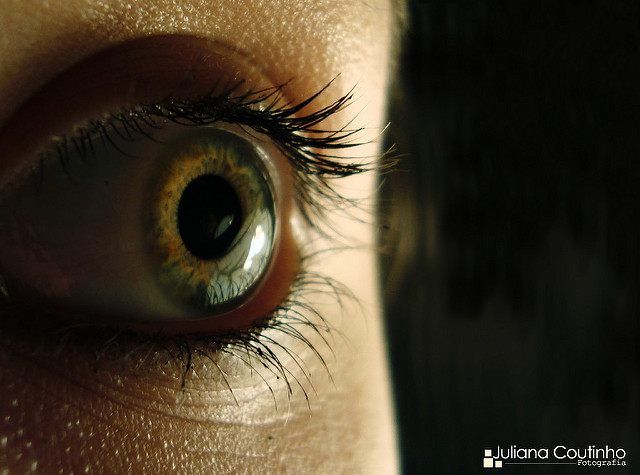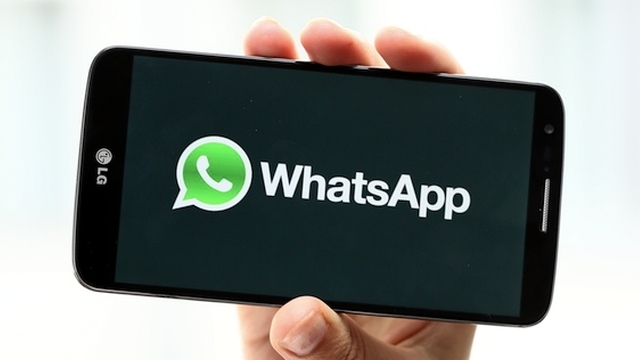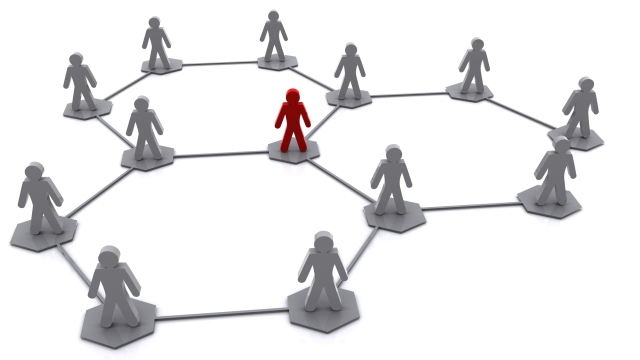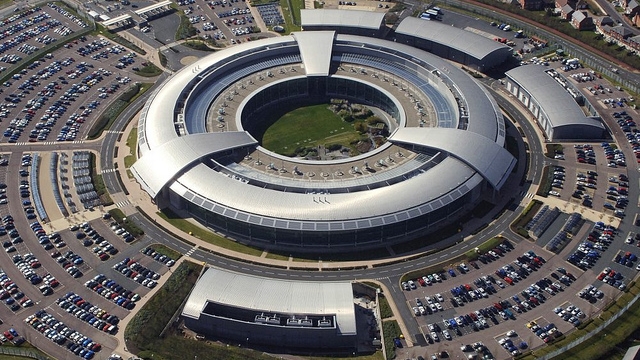
Analysing the attention economy
Breaking News: The shocking revelation… You won’t believe what was said in… The real story behind… Caught your attention yet?
In the lead up to and aftermath of the U.S. Presidential Election, headlines trended on social media and the candidates engaged in debates which were then rehashed on Twitter and by the media. In the information age, the effects of the attention economy are more evident than ever.
What is the attention economy?
The attention economy is:
a system that revolves primarily around paying, receiving, and seeking what is most intrinsically limited and not replaceable by anything else, namely the attention of other human beings1.
Harking back to Herbert Simon, a Nobel Laureate for Economics, Varian theorised the limits of humans in an information society. “[Information] consumes the attention of its recipients. Hence a wealth of information creates a poverty of attention, and a need to allocate that attention efficiently among the overabundance of information sources that might consume it” 2.
In a world saturated with information – what does it cost us to keep up? This is particularly relevant in a digital society with the rise of FOMO, or otherwise known as, Fear Of Missing Out. The key is that attention is finite and therefore scarce.
But why should we care? Because attention is linked to action – it has social, cultural and financial consequences.
The effects of the attention economy
Let’s analyse the effects of the attention economy in three related online contexts:
Media
On the internet, attention is measured by ‘clicks’, ‘hits’, ‘views’, ‘downloads’ and such. Anyone can set up a website or use advertisements to sell goods and services. The challenge is standing out and monetising that attention whether it’s a subscription to a news services or sharing a post so that more audiences are exposed to the advertisements or more users spend their time uploading their data to the website.
Clickbait has become ubiquitous. Described by Frampton as “a headline which tempts the reader to click on the link to the story… used pejoratively to describe headlines which are sensationalised, turn out to be adverts or are simply misleading.” Of course, the more extreme the headline sounds, the more attention it draws.
Clickbait pays because more clicks may mean more income for the writer and the web owner. The problem is that this may come at the expense of telling the truth. It can be difficult to tell the difference between advertisement and content, paid endorsement and candid posts, and hoaxes and research.
Politics
The impact of clickbait journalism on politics is that extreme views become popular, or at least, rewarded with attention as noted by Manson. Scandals take precedence over policies in the attention economy. Manson observes that “politics is becoming less about actual policies and more about dramatic actions designed to draw either positive or negative attention to various actors and political parties”.
As Silverman shows in his analysis of fake 2016 US presidential election news stories, false stories generated more attention and engagement compared to real, verified reports. Media experts have commented on the claim that fake news may have influenced the election outcome.
Disturbingly, social media sites can amplify misinformation when items that are shared appear on trending lists. According to Business Insider, fake news can be a lucrative enterprise, earning one writer an income of $10,000 USD a month just from Google’s AdSense. News that is sensationalised or false potentially adds to terror going viral.
Should traditional media and social media companies take a more active role in preventing the spread of misinformation?
Social
With a 24 hour news cycle and the presence of social media, the level of connectedness that citizens have with the global community can therefore feel like an immense burden of responsibility. Events unfold in real time and international citizens can conceivably react within minutes, and this can create a feeling that the world is out of control.
Chatfield asks the question in his essay on the attention economy: “Does each click of attention cost a bit of ourselves?” If the cost of information is attention, then the cost of attention is borne by our minds and bodies. Putting attention in the context of our lives, Chatfield comments on the social and psychological impact of spreading our attention on multiple tasks/issues at once. As we struggle to keep up, this can erode one’s peace of mind.
The lack of attention one receives when others are attuned to other events also impacts the depth of relationships. We may be more connected than ever, however we are may also be more likely to be unhappy and lonely. Marche cites research by Burke on Facebook users concluding that the abundance of happy images can amplify negative feelings. However, it can also motivate users.
Thoughts on the future
The attention economy is more relevant than ever with the rise of social media as a news platform, polarised politics and increasing accounts of people feeling disconnected in a hyper-connected world. What is important is that we continue to find ways to make meaningful connections and conversations. Is it time for a digital detox?
Goldhaber concludes that the attention economy is a zero-sum game, “What one person gets, someone else is denied”. In the contemporary digital environment, this becomes complicated by multiple players and multiple events/issues vying for attention. Additionally, not all the events/issues would be of the same value to each person. Taking into account multitasking, Narashiman asks theorists to rethink the zero-sum game approach. Nonetheless, the concept of denial or losing out should definitely be explored further. Perhaps there needs to be further study into what issues and people are privileged by the attention economy, and those that are suppressed.
It’s time we paid closer attention to what we give our minds and time to. Are we missing the point?
Image source: . Attention by Juliana Coutinho is licensed by CC BY 2.0.
References:
Also published on Medium.






